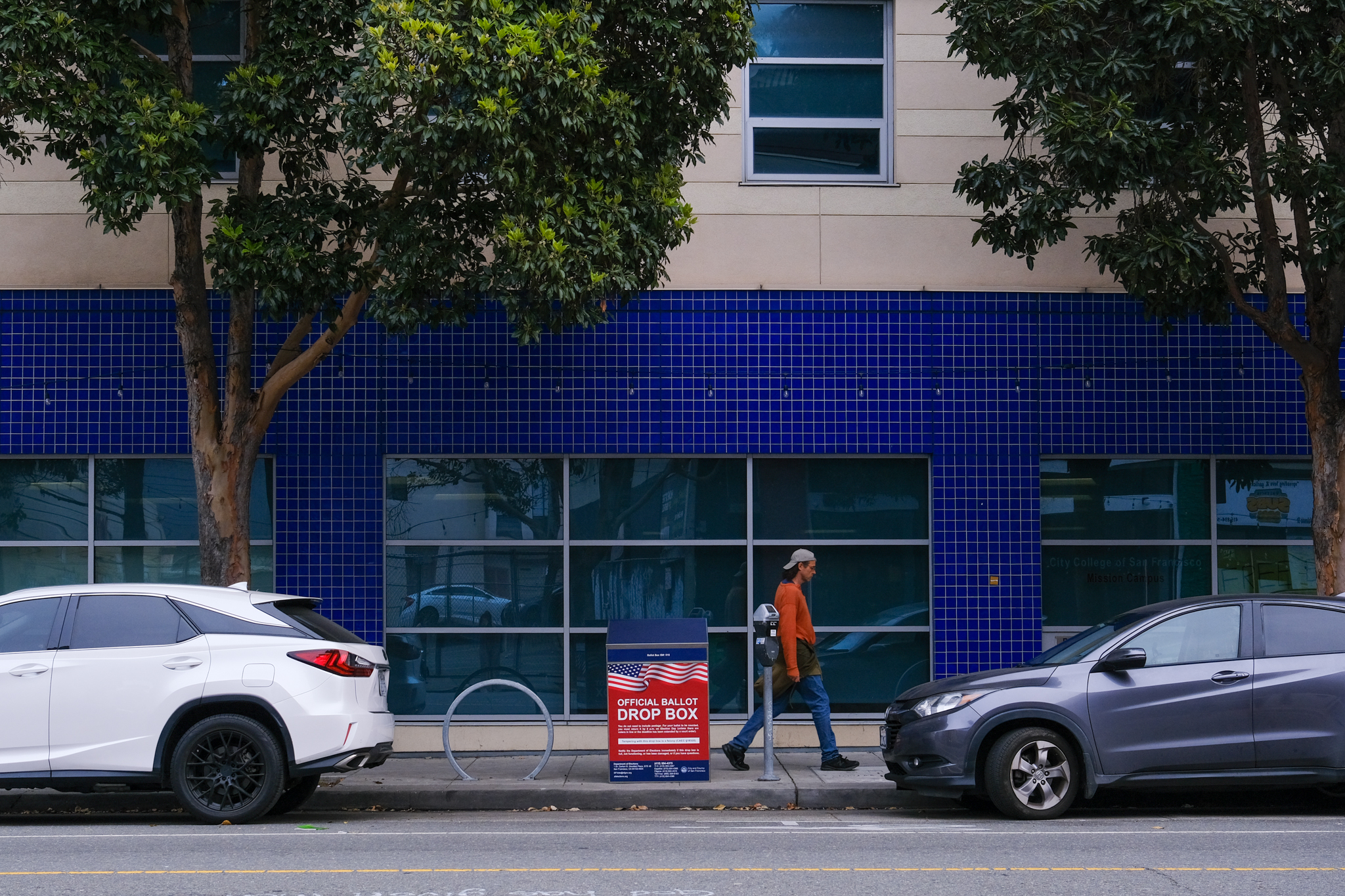San Francisco could have as many as four separate elections in 2022. Beyond the regularly scheduled primary in June and general election in November, there is today’s special election, with a possible runoff in April.
So, how’d we get here? Well, like most crises in San Francisco over the last two years, it’s mostly Mohammed Nuru’s fault.
State Assembly – District 17
Nuru, the former director of the Public Works department, pleaded guilty to federal corruption charges in early January after being arrested two years earlier. The charges also entangled Public Utilities Commission Director Harlan Kelly, and Mayor London Breed appointed City Attorney Dennis Herrera to replace him.
With the coveted city attorney job up for grabs, David Chiu—who was representing the eastern half of the city for the State Assembly’s District 17 seat—resigned from the Legislature to accept Breed’s appointment to succeed Herrera—hence the special election to replace him. The race has been hotly contested between Supervisor Matt Haney; David Campos, a former supervisor and chief of staff to District Attorney Chesa Boudin; tech executive Bilal Mahmood; and City College Commissioner Thea Selby. The race’s winner will complete David Chiu’s 2020-2021 term.
The awkward timing means today is the beginning of a possible year-long gauntlet of quarterly elections for one job. Unless a candidate gets more than 50% of the vote, which is unlikely, the top two finishers will face off again in April.
Whoever wins can’t rest because this June hosts a primary election for the following two-year term of 2023-2024, with revised boundaries. In yet another wrinkle, the November runoff allows the top two vote-getters to run against each other regardless of vote totals in the primary, even if there was a clear lead.
The School Board Recalls
What appears first on the ballot are the biggest attention-getters of this election: the recall of three members of the San Francisco Unified School District’s Board of Education. Proposition A addresses the recall of Commissioner Alison Collins, Proposition B the recall of Board President Gabriela López, and Proposition C the recall of Commissioner Faauuga Moliga.
You likely know this story: Collins, López, and Moliga are part of a school board that emphasized addressing inequity, while parents and political observers saw a failure to reopen classrooms and solve the district’s fiscal problems. Recall proponents have repeatedly said that had timelines allowed, they would have campaigned to give the whole board the boot.
Even in politically storied San Francisco, recalls are hard. The last time the city had a recall election was in 1983, when the San Francisco chapter of the White Panthers, a militant anti-racist libertarian group, organized a recall of then-Mayor Dianne Feinstein over a handgun ban. Progressives and other groups then glommed onto the campaign, which was defeated with over 81% of the vote. Since then, recalls have been threatened in subsequent years, but none have come to fruition until now.
But with the issue strong in early polls and what looks like a low turnout election, this time may be different.
Assessor-Recorder
Voters will make another consequential vote—also related to fallout from the Nuru scandal—to select the city’s next assessor-recorder. The incumbent, Carmen Chu, was named city administrator as part of the City Hall shuffle. Joaquin Torres, then director of the mayor’s Office of Economic and Workforce Development, was appointed to replace her.
With no opponent, it might seem like a matter of course, but this vote is more consequential than many realize. The assessor-recorder is responsible for collecting tax revenue that makes up to a third of the city’s general fund, among other duties.
Torres will fill out Chu’s remaining term, but he’ll need to run again in November to start a new four-year term next year. His performance will be closely monitored.
Low Turnout Predicted
With less than a fifth of mail ballots returned as of Feb. 10, local election experts think total turnout could be less than a third of all registered voters. That could give interested and activated voters a larger than normal impact.
